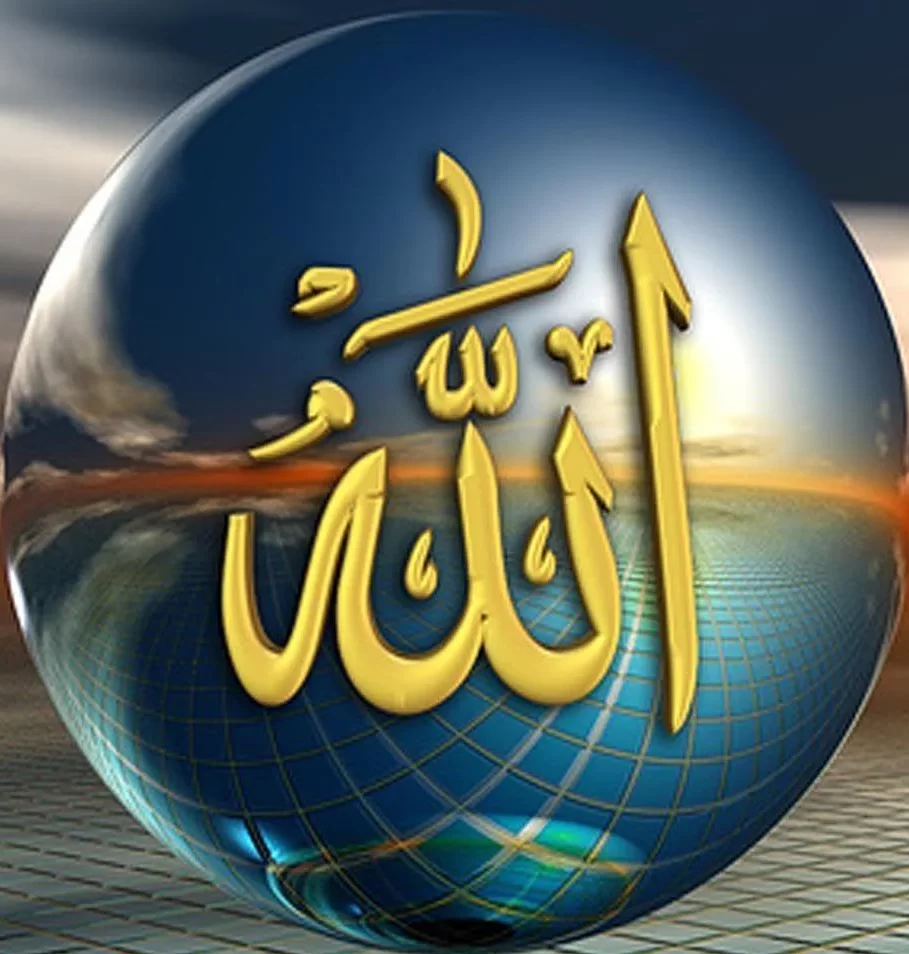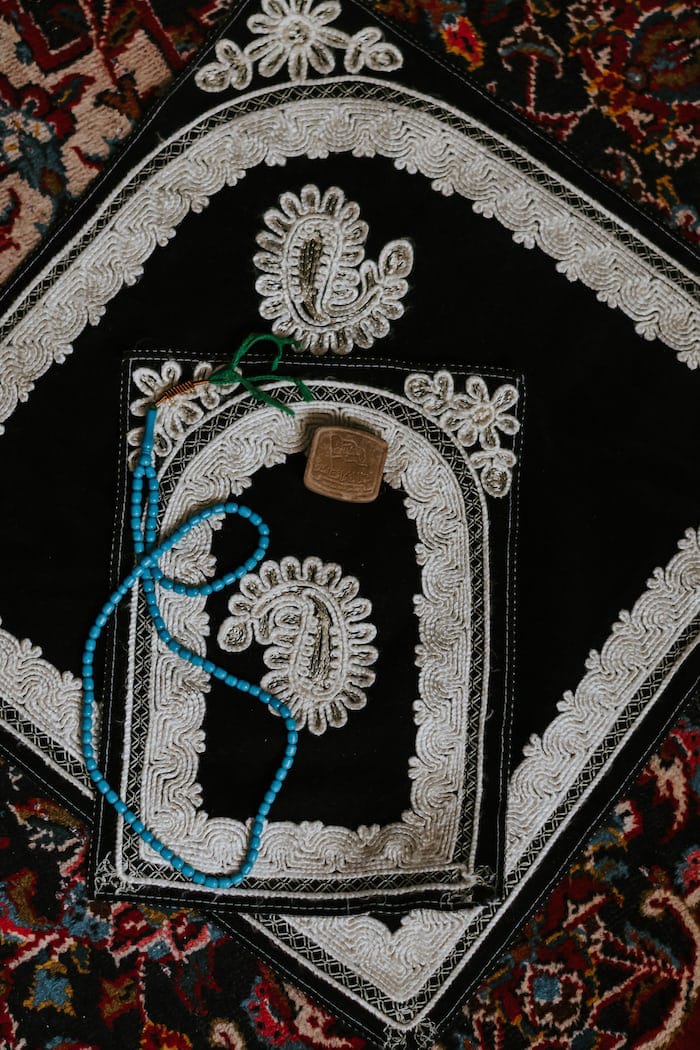Mother’s Day
In the Muslim world, people come together every March 21st to celebrate Eid-ul-Alam or Mother’s Day, appreciating their mothers. However, some questions arise about whether celebrating Eid al-Alam is halal or haram in accordance with Islamic teachings.
The Importance of Following Shariah Eids
What Are Shariah Eids?
Islam recognizes specific holidays, known as “Shariah Eids,” including Eid al-Fitr, Eid al-Adha, and Juma Mubarak, which hold great significance among Muslims.
The Issue with Non-Shariah Eids
Eid al-Alam, also called Mother’s Day, does not belong to the Shariah Eids. It is not even mentioned among the Salaf-e-Saliheen (the pious predecessors). Some non-Muslims initiated this celebration, making it an innovation that parallels non-Muslim practices.
The Prophetic Guidance on Innovation
The Messenger’s Warning
The Prophet Muhammad (peace and blessings of Allah be upon him) cautioned against introducing innovations into our religion. He stated, “Whoever introduces something new in our religion that is not part of it, it will be rejected.” This implies that innovations may lead to Allah rejecting one’s actions.
The Consequences of Unconfirmed Acts
If someone performs an act that Islamic teachings do not confirm, it will face rejection. This underscores the importance of adhering to established traditions and practices in Islam.
Eid al-Alam (Mother’s Day) and Islamic Perspective
Given the guidelines provided by the Prophet Muhammad (peace and blessings of Allah be upon him), expressing happiness and exchanging gifts on Eid al-Alam (Mother’s Day) is not permissible. As Muslims, we must be content with our faith, faithfully follow Allah and His Messenger’s limits and restrictions.
The True Essence of Honoring Mothers
Beyond a Once-a-Year Remembrance
While celebrating Eid al-Alam may not align with Islamic tradition, it is essential to remember that honoring and respecting one’s mother should be a daily practice. Islam places significant emphasis on mothers’ rights and encourages children to obey and care for them in all circumstances.
Embracing Islamic Values
Muslims should align their identity with Islamic principles, not imitate practices that contradict these values. Islam emphasizes being obedient, respectful individuals who uphold the divine law.
Eid al-Alam (Mother’s Day) may be a widely celebrated occasion, but from an Islamic perspective, it raises concerns about innovation and deviation from established practices. While it is essential to honor and appreciate our mothers, we must do so in a manner that aligns with Islamic values and principles. Our devotion to Islam should always take precedence over adopting practices that may not conform to our faith.
More Fact: Kiraman Katibin


One comment